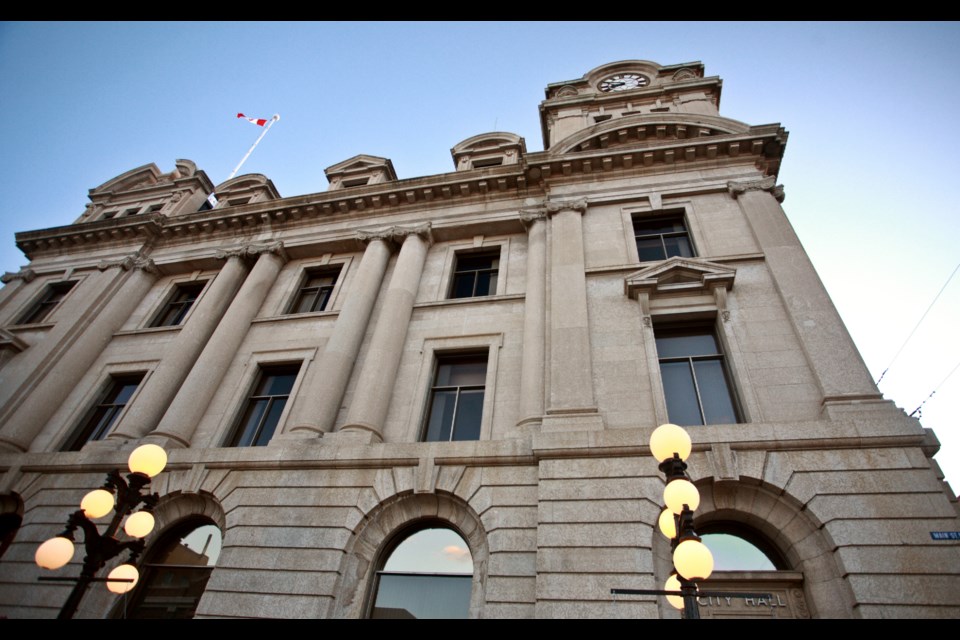City administration knew how it would pay for new smart water meters worth $6.5 million, but it neglected to tell city council what those funding sources were until pressed by a councillor.
The department of engineering services presented a report during council’s Nov. 25 executive committee meeting about issuing requests for proposal (RFPs) for the purchase and installation of advanced metering infrastructure, including the replacement of municipal water meters with smart meter devices. The department wants to implement a water metering network that is customer-service friendly, effective and efficient.
Council initially voted 4-3 against receiving and filing the report; councillors Brian Swanson, Scott McMann and Dawn Luhning were in favour. Council then voted 5-2 to table the motion until the funding-source component of the project could be presented in a future report; Luhning and Swanson were opposed.
Council discussion
The new system will cost $6 million, with $570,965 in additional construction work, according to the report. Between $15.1 million and $20 million in savings and revenue increases are expected in the short- and long-term, for a net benefit over 20 years between $8.5 million and $13.4 million. Recouping the costs of the project could take between 6.6 years to 8.7 years.
City administration believes the project could take two years to complete.
Luhning raised the concern about from where the $6.5 million would come, noting while there was a good financial analysis in the report, nowhere explicitly said what the funding sources were.
“We implied it. We could have been clearer on that,” said city manager Jim Puffalt, noting the money will likely come from borrowing from reserves, long-term debt, and companies financing the project themselves. “We don’t know exactly where the money will come from, other than it will be borrowed from somewhere … .”
This was one of the items talked about during the 2019 budget discussions, said Coun. Chris Warren. Talk then was to borrow from reserves and pay with savings. Now with a new investment strategy, it may be cheaper to borrow externally than internally.
In the RFP, questions will be asked of how contractors will finance the project, Puffalt told Warren. City administration will provide council with a report of the contractors’ proposals after the RFPs come. If council doesn’t like any of the suggestions, none of the tenders has to be awarded.
Background
The City of Moose Jaw provides potable drinking water services to 12,416 active customers. Meters are to be read three times a year for 37,248 total reads plus one estimated read. However, according to the report, the municipality is only able to attain 24,744 actual annual reads and estimate reads for the other billing periods.
When staff is unable to obtain a meter reading from a property, city hall relies on residents to report the meter consumption themselves, or place a booking to have a city employee obtain the required read. The report pointed out quarterly billing can be a problem since small leaks or running toilets could go unnoticed and could lead to large bills within a six-month period.
Readings with the new meter technology would be automatic and collected on demand remotely and more accurately by two antennae installed throughout the municipality, city administration explained.
Municipal staff would not have to visit homes to collect readings, which would also ensure their safety; billing could be done monthly; alarms could warn the homeowner or municipality that a water leak is possible; freezing of connection lines could be eliminated through early detection.
The City of Moose Jaw has consumed about 5,532.3 megalitres of treated water annually from the Buffalo Pound Water Treatment Plant in the last three years, the report added. About 952.9 megalitres are lost annually due to problems in the water system, such as leaks and breaks.
The next executive committee meeting is Dec. 9.





